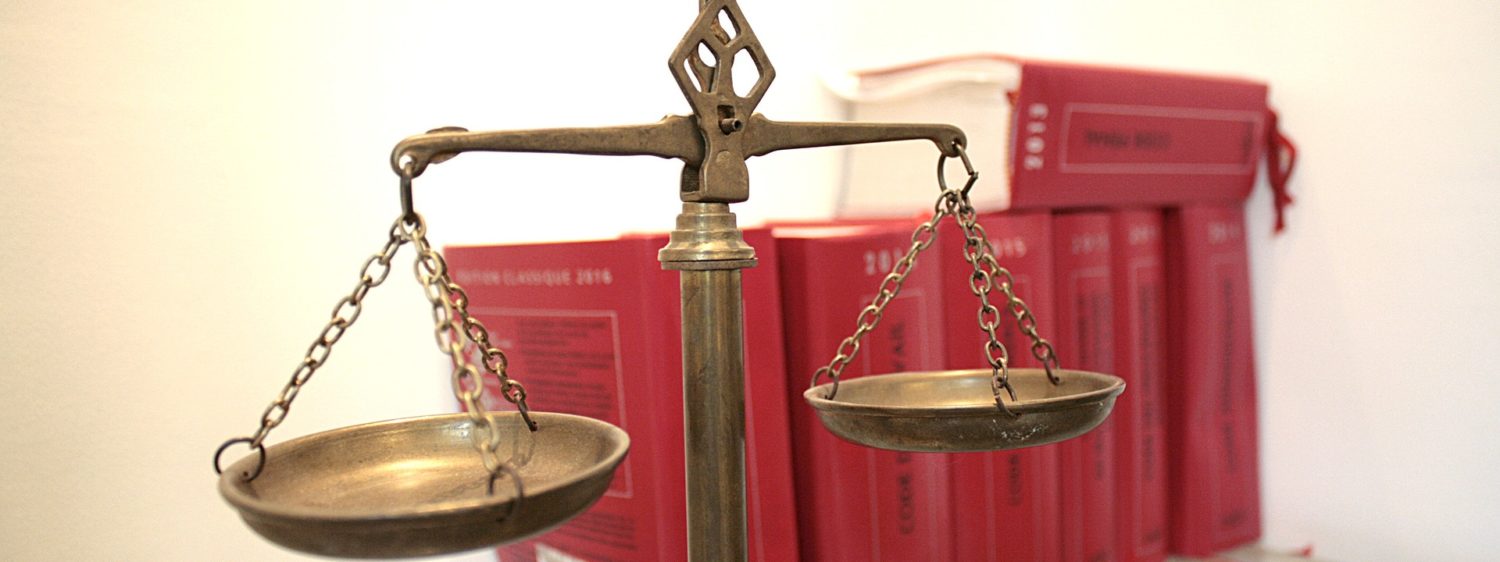
Child protection is a manifestation of justice in a society, thus child protection is sought in various fields of state and social life. Child protection activities have legal consequences, both in relation to written law and unwritten law. According to Arif Gosita, legal certainty is sought for the continuity of child protection activities and to prevent fraud that has unwanted negative consequences in the implementation of protection.
Child protection can be done directly or indirectly. Directly, this means that the activities are directed at children who are the targets of direct violations. Activities like this can be done by protecting children from various external and internal threats such as educating, fostering, assisting children in various ways. Indirect child protection, namely indirect activities aimed at children, but other people who carry out or are involved in child protection efforts.
“Every child has the right to be cared for by his own parents, unless there is a valid reason and / or legal rule indicating that separation is in the wellbeing of the kid and is the last thought”. In its elaboration, it is emphasized that, “The separation referred to in this provision does not eliminate the relationship between children and their parents”. So, even though there is a legal provision which states that one parent is the holder of “child custody”, there is still no reason to prohibit other parents from meeting their child.
The power of parents over children after divorce according to the provisions of the two laws is in line, and must be considered logical considering that the meaning of parental power towards children is highly correlated with the meaning of marriage and divorce as regulated by the KHI and the Marriage Law The meaning contained in these two laws is also in line with the meaning of child protection as regulated in the Child Protection Law, namely giving the best to children. Thus, the meaning of parental power towards children after divorce, in the context of the relationship between KHI and the Child Protection Law, is to have a good level of harmony. According to the Marriage Law, the obligations of parents to their children are basically divided into 2 parts, namely maintenance and education. You can ask someone who is very experienced in this field for help. Child custody lawyers tulsa is a trusted partner and has very high flight hours as someone you can rely on.
This obligation continues until the child is married or can stand alone even though the marriage between the two parents has broken up.
As for the person who has the right to care for children in the Marriage Law, either the mother or the father are still obliged to care for and educate their children, solely on the basis of the interests of the child, if there is a dispute regarding the control of the child, the Court gives a decision. In principle, both mothers and fathers are given the same rights to care for and educate their children after a divorce occurs. Therefore, both of them can agree on who the child will be. However, if there is a dispute, then the matter is submitted to the Court. The court must choose and determine who between the two parents is equally entitled to carry out the maintenance, for this reason the Court must carefully examine which of them is better at taking care of the interests of the child.
